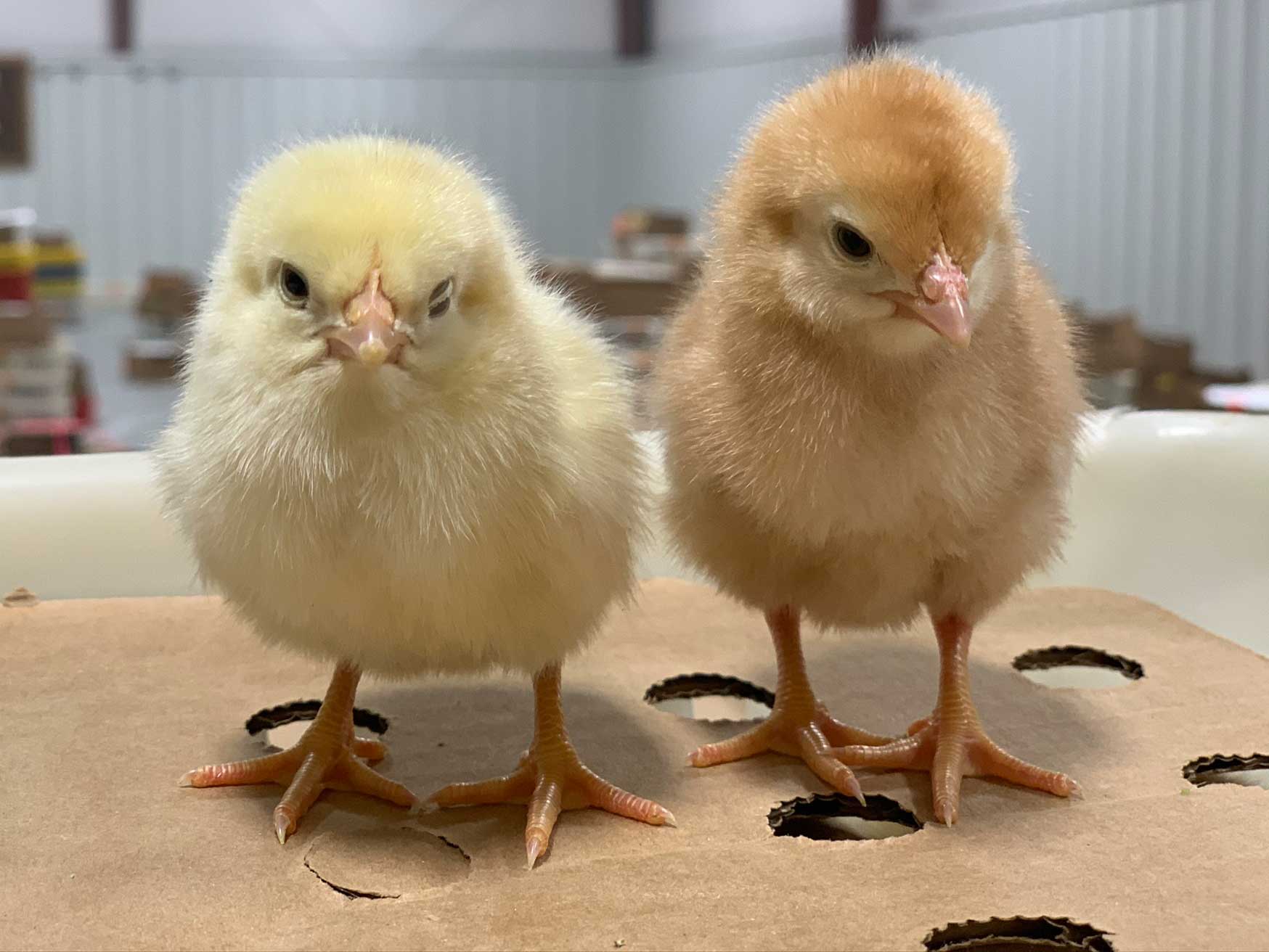
Baby Chickens: A Comprehensive Guide to Raising and Caring for Chicks
Introduction
Baby chickens, also known as chicks, are adorable and fascinating creatures that bring joy to many people’s lives. Whether you’re a seasoned poultry farmer or a first-time chicken enthusiast, understanding the proper care and handling of chicks is essential for their well-being and growth. This comprehensive guide will provide you with all the necessary information to raise healthy and thriving baby chickens.
Choosing and Acquiring Chicks
The first step in raising baby chickens is selecting and acquiring healthy chicks. Consider the following factors when choosing chicks:
- Breed: Different breeds of chickens have different characteristics, such as egg production, size, and temperament. Research various breeds to determine which one best suits your needs.
- Age: Chicks are typically sold at one day old or older. Day-old chicks require more care and attention, while older chicks are more independent.
- Health: Inspect chicks carefully for any signs of illness or injury. Healthy chicks should be active, alert, and have bright eyes.
You can purchase chicks from hatcheries, poultry suppliers, or local farmers. Ensure that the source is reputable and provides healthy chicks.
Housing and Environment
Baby chickens require a warm, draft-free environment to thrive. Provide them with a brooder, which is a heated enclosure that mimics the warmth of a hen’s body.
- Brooder Size: The size of the brooder depends on the number of chicks you have. As a general rule, provide 0.5 square feet of space per chick.
- Temperature: Maintain a temperature of 95-100°F (35-38°C) for the first week. Gradually reduce the temperature by 5°F (3°C) each week until it reaches 70°F (21°C).
- Ventilation: Ensure adequate ventilation to prevent ammonia buildup and respiratory problems.
- Bedding: Use absorbent bedding materials such as wood shavings, straw, or shredded paper. Keep the bedding clean and dry.
Feeding and Nutrition
Baby chickens have specific nutritional requirements for optimal growth and development. Provide them with a high-quality starter feed specifically formulated for chicks.
- Starter Feed: Starter feed is a balanced diet containing the necessary proteins, carbohydrates, vitamins, and minerals.
- Feeding Frequency: Feed chicks ad libitum (as much as they want) for the first few weeks. Gradually reduce the frequency as they grow older.
- Water: Provide fresh, clean water at all times. Use a shallow waterer to prevent chicks from drowning.
Health and Care
Maintaining the health of baby chickens is crucial for their well-being. Monitor them regularly for any signs of illness or distress.
- Vaccinations: Consult with a veterinarian about necessary vaccinations to protect chicks from common diseases.
- Parasite Control: Regularly check chicks for parasites such as mites and lice. Treat infestations promptly to prevent health problems.
- Beak Trimming: In some cases, beak trimming may be necessary to prevent feather pecking and cannibalism. Consult with a veterinarian or experienced poultry farmer for proper beak trimming techniques.
Socialization and Handling
Baby chickens are social creatures that benefit from regular handling and interaction.
- Handling: Handle chicks gently and avoid sudden movements. Start handling them at a young age to accustom them to human contact.
- Socialization: Provide chicks with opportunities to interact with other chicks and adult chickens. This helps them develop social skills and reduces stress.
Growth and Development
Baby chickens grow rapidly and undergo significant changes in their first few weeks of life.
- Feathering: Chicks start developing feathers within a few days of hatching. The feathering process takes several weeks to complete.
- Growth Rate: Chicks grow rapidly during the first few weeks. Their weight doubles every few days.
- Behavior: As chicks grow older, they become more active and curious. They start exploring their surroundings and interacting with other chickens.
Transitioning to Outdoor Living
Once chicks are fully feathered and have developed their immune systems, they can be transitioned to outdoor living.
- Gradual Introduction: Gradually introduce chicks to the outdoors by allowing them to spend short periods in a protected area.
- Shelter: Provide a coop or shelter for chicks to protect them from predators and the elements.
- Feed and Water: Ensure access to fresh feed and water in the outdoor area.
- Supervision: Monitor chicks closely during their initial outdoor excursions to ensure their safety.
Conclusion
Raising baby chickens can be a rewarding and enjoyable experience. By providing them with proper care, nutrition, and socialization, you can ensure their health, growth, and well-being. Remember to consult with a veterinarian or experienced poultry farmer for specific advice and guidance. With patience, dedication, and a love for these adorable creatures, you can raise a thriving flock of baby chickens that will bring you years of joy and companionship.
